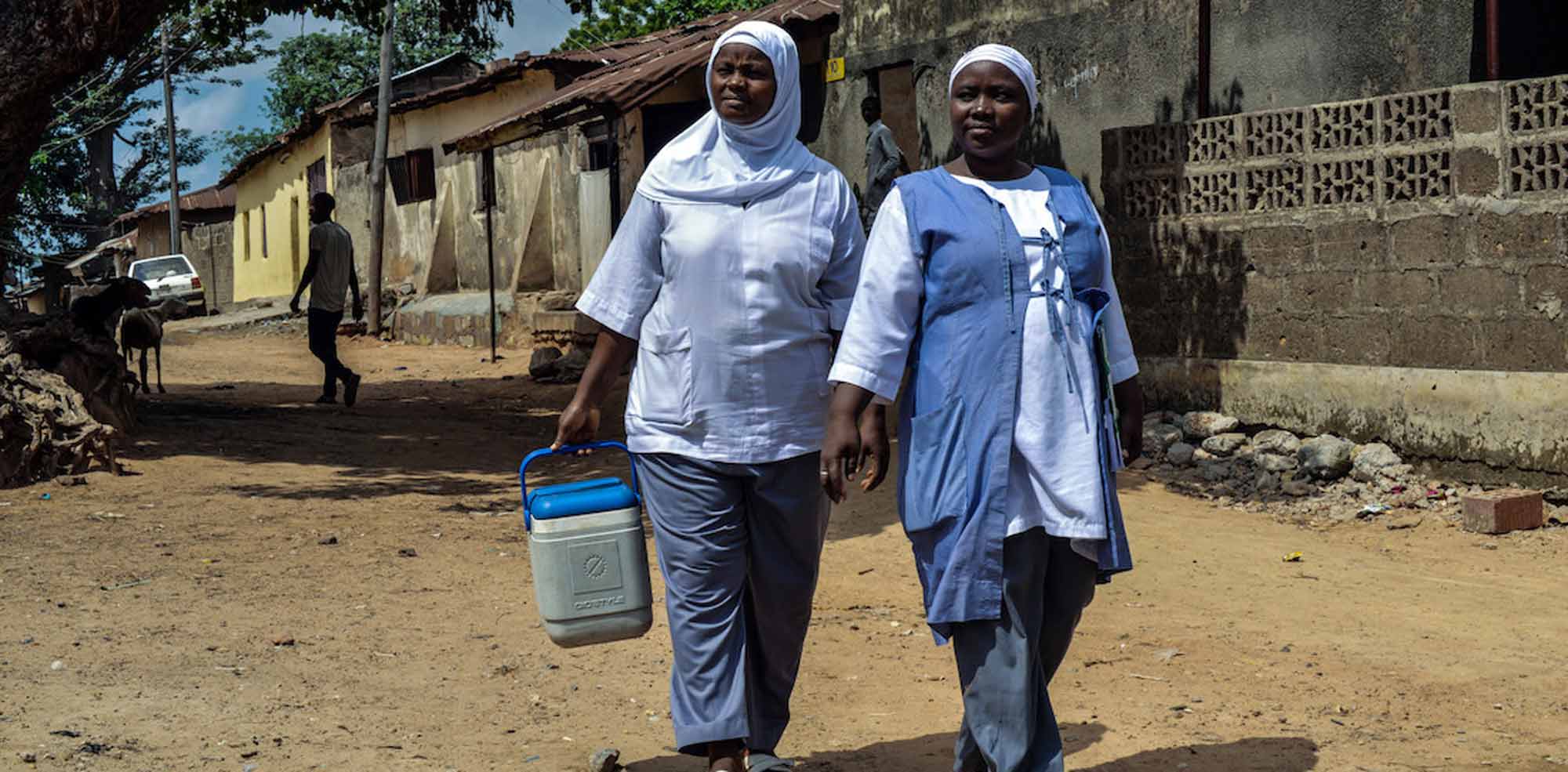Gender plays a crucial role in shaping health systems and the overall well-being of individuals. In Nigeria, like many other countries, deeply ingrained gender norms and inequalities can lead to significant disparities in access to healthcare, utilization of services, and health outcomes between men and women. Recognizing and addressing these gender-related factors is essential for achieving a more responsive, fair and accessible health system for all Nigerians.
Gender norms in Nigeria encompass various aspects, including beliefs, cultural ideals, stereotypes, and roles related to health and disease. These norms often result in gender inequalities that advantage men over women, leading to avoidable differences in accessing healthcare services and health status.
One prominent issue is women’s limited access to healthcare due to caregiving responsibilities and cultural norms that restrict their mobility. For instance, women may face challenges traveling long distances to clinics, either due to family obligations or restrictions on their ability to travel alone. Furthermore, women’s lower cash income compared to their husbands can lead to dependence and hinder their access to health services without their spouses’ permission.
Additionally, gender norms can influence health-related behaviours and stigma. For example, men may avoid seeking medical attention for fear of appearing weak in front of their peers, while women may experience stigmatization when accessing antiretroviral therapy for HIV.
In Nigeria, the healthcare workforce is predominantly female at lower levels, such as community health workers, yet the management and leadership positions are still dominated by men. Such disparities perpetuate gender inequalities within the health system itself.
Negative stereotypes and discrimination based on pregnancy, maternity, and family responsibilities were identified as barriers to career advancement for female health workers. Conversely, gender equality was found to lower the odds of workplace violence and discrimination.
Addressing these gender-related issues requires comprehensive efforts through research, workforce policies, strategies, laws, and human resources management training. Tackling workplace violence and gender discrimination concurrently can improve workforce productivity, retention, and the enjoyment of human rights at work. It can also create more opportunities for women to advance into leadership positions.
To ensure equal representation of men and women in management and leadership roles, various policies and programs can be implemented. Equal opportunities for professional training should be provided to both men and women. Educational and informational materials should be reviewed to ensure women’s representation in images related to key decision-making. Adopting and implementing affirmative action objectives can guarantee equal opportunities for women in health workforce leadership positions. Involving health workers and clients in the design of training and career paths, as well as the development of human resource policies and management strategies, can also contribute to achieving this goal.
Increasing the representation of women in management and leadership positions not only improves gender equity but also leverages their unique knowledge and skills in serving a predominantly female client population. Women in leadership roles can optimize gender-related knowledge and contribute to enhancing the overall quality of health systems.
In many communities worldwide, women and girls take on the primary responsibility for caregiving in their households, including providing community- and home-based care support. This is particularly evident in HIV/AIDS care and support, where women and girls form the majority of the informal and unpaid workforce.
Several factors contribute to the disproportionate caregiving burden on women and girls in HIV/AIDS care and support, including health worker shortages and migration, economic crises and structural adjustments, and inadequate funding for HIV prevention and treatment. Traditional gender roles and stereotypes also play a significant role in perpetuating this unequal burden.
Workforce policies and programs must challenge stereotypical gender roles in health care and develop community behaviour change strategies that promote the value of caregiving by both men and women.
Establishing a national community health worker policy that integrates them into the formal health system, providing training, supervision, support, and compensation for services, can also help foster equal representation at the primary level.
Also, targeted efforts must be made to ensure fairness and justice in the distribution of benefits, power, resources, and responsibilities between women and men. This includes acknowledging and addressing the specific health needs and challenges faced by women and men and working towards greater balance.
Reproductive health is one area that requires particular attention, as women face unique risks and challenges throughout their reproductive lives. Ensuring universal access to reproductive health care is crucial for promoting gender equality and women’s empowerment in the health system.
Health programmes must avoid reinforcing existing gender inequalities and work towards transforming them. This involves taking specific measures to compensate for historical and social disadvantages that hinder gender equality.
One way to promote a more equitable health system is to assess and act upon existing gaps associated with gender. This means addressing gender-related needs within different components of the health sector, which can result in improved access to health services and better health outcomes for all population groups.
Efforts to improve health financing should also consider gender disparities. Health financing schemes must provide incentives for equitable access to quality services for women, men, girls, and boys, without exploiting or risking the poverty of vulnerable populations, particularly women.
Promoting gender equality and women’s empowerment within the health system can lead to numerous positive outcomes, including increased fairness in health service access, improved responsiveness to different gender needs, and better reproductive and overall health outcomes.
For these goals to be achieved, it is essential to involve men and women in health financing decision-making, ensure financial barriers to healthcare are eliminated, and provide free or affordable services that address sex- and gender-specific health risks.
Additionally, leadership actions play a crucial role in advancing gender equality in health systems. Engaging civil society organizations, building women’s leadership capacity, and supporting champions who advocate for gender equality can all drive positive change.
Addressing gender and health systems strengthening is not only a matter of justice and fairness but also an investment in the health and well-being of the entire population. By actively promoting gender equality and women’s empowerment, the country can create a more inclusive and effective health system that benefits everyone, regardless of their gender. As Nigeria works towards building a healthier future, integrating gender considerations into health policies and programs is a step in the right direction.
Okeke wrote from the Centre for Social Justice (CSJ), Abuja, Nigeria



